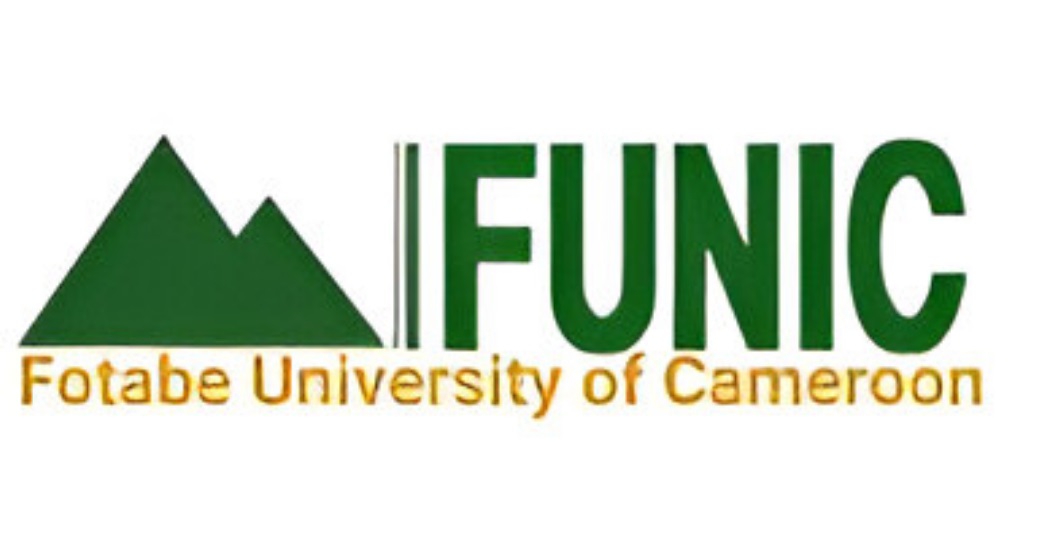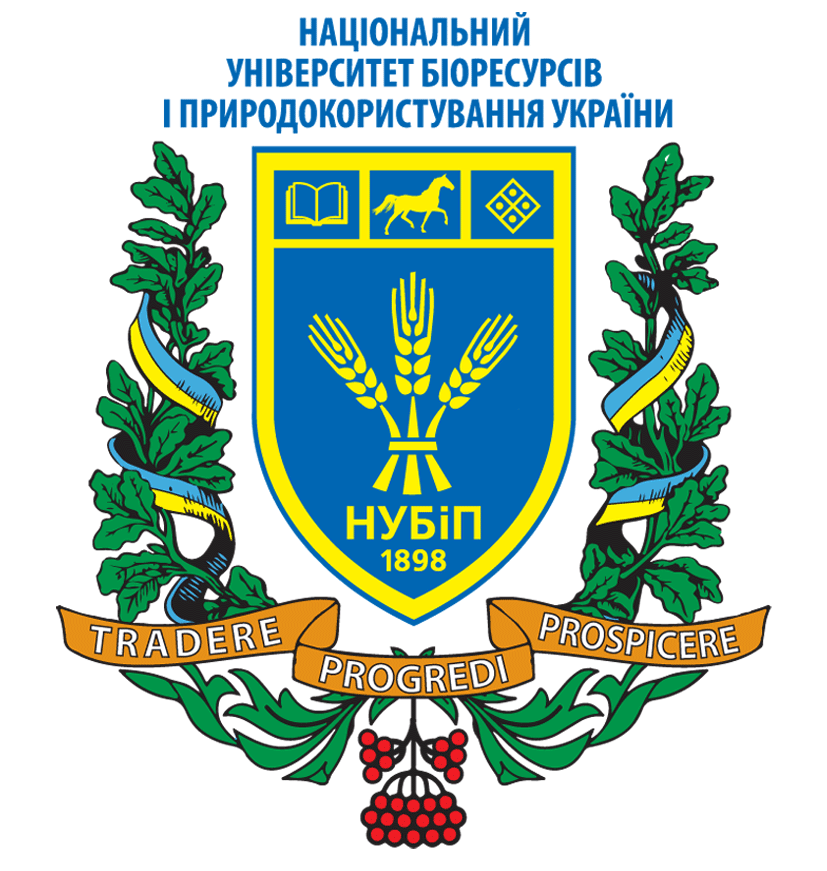Exploring citizens’ perceptions on the roles of Members of Parliament in Tanzania: A case of Dodoma Municipality constituency
DOI:
https://doi.org/10.51867/AQSSR.2.4.44Keywords:
Citizens, Constituency, Members of Parliament, Parliament, PerceptionAbstract
This study explores citizens' perceptions of the roles of members of parliament in Tanzania, a case of the Dodoma municipality constituency. This study was guided by role theory, which was developed by Robert Merton in 1957. The study used the following specific objectives: to assess citizens' understanding of the roles of Members of Parliament in Tanzania, to identify the factors influencing citizens' perceptions of the roles of Members of Parliament in Tanzania, and to assess the level of citizen satisfaction with the performance of Members of Parliament in fulfilling their roles. The study was conducted at the Dodoma Municipality constituency, which encompasses the entire Dodoma electoral district. Focusing on a single, high-profile urban constituency allows for an in-depth exploration of how residents across income levels, occupational groups, and wards perceive and engage with their elected MPs. Insights gleaned here may later be compared with those from other municipal and rural constituencies in follow-up research between June 2024 and August 2025. The study adopted the interpretivism research philosophy, a qualitative approach, and an action research design. Purposeful and accidental samples yielded 36 participants, including six (6) Members of Parliament (MPs), 20 citizens, and 10 political party leaders. Interviews and Focus Group Discussion (FGD) were used to collect data. The analysis of the study data using thematic findings revealed that perceptions of Members of Parliament (MPs) are heavily influenced by structural incentives, socioeconomic contexts, and the information ecosystem. These factors have perpetuated a “development banker” image of MPs whose primary role, in the public’s eyes, is delivering tangible goods rather than shaping policy or holding the executive to account. The study concluded that while most citizens recognize that MPs engage in lawmaking and debate, there remains a substantial gap in awareness of their oversight functions, committee work, and budgetary responsibilities. Overall citizen satisfaction with MPs is modest, with trust and approval closely tied to both the visibility of constituency engagement and citizens’ understanding of legislative achievements.
References
Ahikire, J. (2023). Towards effective participation of women in multiparty politics in Uganda: Documenting experiences in 2006 elections (Final report). Department of Women & Gender Studies, Makerere University.
Almoatasm, H. M. (2020). Determinants for new role of contemporary parliament (Department of Economic and Political Science, Cairo University). Cairo University. https://www.econstor.eu/bitstream/10419/316121/1/1910565555.pdf
Amundsen, I. (2010). Support for parliaments: Tanzania and beyond (CMI Report). Chr. Michelsen Institute.
Azevedo, E. (2020). The Assembly of the Republic of Mozambique: From enemies to adversaries? (Working paper, May 2009). Electoral Institute for Sustainable Democracy in Africa (EISA).
Carlos, B. (2023, July 2). Advantages and disadvantages of interviews. Barrazacarlos. https://barrazacarlos.com/advantages-and-disadvantages-of-interviews/
Chaligha, A. (2020). Tanzanians and their MPs: What the people want, and what they don't always get (Afrobarometer Briefing Paper No. 59). Afrobarometer.
Collord, M. (2020). Pressuring MPs to act: Parliament, organized interests and policymaking in Uganda and Tanzania. Democratization. [Advance online publication]. https://doi.org/10.1080/13510347.2020.1862088
Collord, M. (2022). Wealth, power and institutional change in Tanzania's Parliament. African Affairs, 121(482), 1-28.
https://doi.org/10.1093/afraf/adac008
Creswell, J. W. (2014). Research design: Qualitative, quantitative, and mixed methods approaches (4th ed.). SAGE Publications.
Draman, R., Stapenhurst, R., Imbeau, L., & Oloare, D. (2019). Parliamentary oversight and corruption in Tanzania: Policy brief. Governance & Integrity Anti-Corruption Evidence (GI-ACE). https://giace.org/wp-content/uploads/2019/09/Tanzania-Policy-Brief_0.pdf
Etikan, I. (2016). Comparison of convenience sampling and purposive sampling. American Journal of Theoretical and Applied Statistics, 5(1), 1. https://doi.org/10.11648/j.ajtas.20160501.11
Farquhar, J., Michels, N., & Robson, J. (2020). Triangulation in industrial qualitative case study research: Widening the scope. Industrial Marketing Management, 87, 160-170. https://doi.org/10.1016/j.indmarman.2020.02.001
Fish, M. S. (2006). Stronger legislatures, stronger democracies. Journal of Democracy, 17(1), 5-20.
https://doi.org/10.1353/jod.2006.0008
Gay, L. R., Mills, G. E., & Airasian, P. W. (2012). Educational research: Competencies for analysis and applications (10th ed.). Pearson Education.
Hastie, T., Tibshirani, R., & Friedman, J. (2021). The elements of statistical learning: Data mining, inference, and prediction. Springer.
Inter-Parliamentary Union. (2022). Global Parliamentary Report 2022: Public engagement in the work of parliaments. https://www.ipu.org/impact/democracy-and-strong-parliaments/global-parliamentary-report/global-parliamentary-report-2022-public-engagement-in-work-parliament
Juma, F., & Kaijage, G. (2023). Dialogue and trust: The impact of MP town halls in Tabora. Tanzania Journal of Governance, 6(1), 74-89.
Killian, B. (2002). Comparing performances: The 1990-95 single-party parliament and the 1995-2002 multiparty parliament. REDET research paper. University of Dar es Salaam.
Kothari, C. R. (2004). Research methodology: Methods and techniques (2nd rev. ed.). New Age International.
Lukiko, L. V. (2023). Parliamentary engagement in fighting corruption: A discourse on the Parliament of Tanzania. Journal of Financial Crime, 30(5), 1182-1193. https://doi.org/10.1108/JFC-06-2022-0130
Makulilo, V. B. (2023). Oversight functions of the National Assembly and good governance in Tanzania: A missing link? The African Review. Advance online publication. https://www.researchgate.net/publication/376171067_Oversight_Functions_of_the_National_Assembly_and_Good_Governance_in_Tanzania_a_Missing_Link
https://doi.org/10.1163/1821889x-20230001
Mishra, L. (2022). Focus group discussion in qualitative research. Techno Learn, 6(1), 1.
https://doi.org/10.5958/2249-5223.2016.00001.2
Mkali, N., & Shayo, H. (2022). Media trust and civic knowledge: A Morogoro Region survey. Tanzania Media Review, 4(2), 110-127.
Msuya, L., & Lugano, P. (2022). Tradition, deference, and democratic accountability in rural Tanzania. African Journal of Cultural Studies, 11(3), 76-92.
Mwambene, M., & Shao, R. (2023). Policy focus vs. human interest: Radio coverage of MP activities in Dodoma. Journal of Media and Politics in Africa, 2(4), 143-161.
Mwombela, P. L. (2020). Understanding parliamentary roles: A citizen survey in Morogoro Region. Tanzania Journal of Political Inquiry, 3(1), 33-48.
Njau, T., & Mwang'ombe, G. (2022). Hybrid outreach and legislative understanding in Kenyan constituencies. Journal of Pan African Studies, 8(2), 44-59.
Priya, A. (2021). Case study methodology of qualitative research: Key attributes and navigating the conundrums in its application. Sociological Bulletin, 70(1), 94-110. https://doi.org/10.1177/0038022920970318
Reason, P., & Bradbury, H. (Eds.). (2021). The SAGE handbook of action research: Participative inquiry and practice (3rd ed.). SAGE.
REPOA. (2009). Tanzanians and their national Parliament: What the people expect of Members of Parliament (MPs), and what they perceive their MPs are delivering (Afrobarometer report).
Rubin, A., & Babbie, E. R. (2017). Research methods for social work (9th ed.). Cengage Learning.
Rwegera, D. (2019). The "development banker" myth: Citizen expectations of MPs in Morogoro. Tanzanian Journal of Public Administration, 2(1), 15-29.
Saunders, M., Lewis, P., & Thornhill, A. (2019). Research methods for business students (8th ed.). Pearson.
Selemani, Z., & Nyoni, P. (2020). Media portrayal, campaign rhetoric, and poverty: Predictors of MP perception in Mwanza. African Governance Journal, 1(2), 66-82.
Sulley, C. R. (2022). Democracy within parties: Electoral consequences of candidate selection methods in Tanzania. Party Politics. Advance online publication. https://doi.org/10.1177/13540688211041042
Downloads
Published
Issue
Section
License
Copyright (c) 2025 African Quarterly Social Science Review

This work is licensed under a Creative Commons Attribution-NonCommercial 4.0 International License.





















